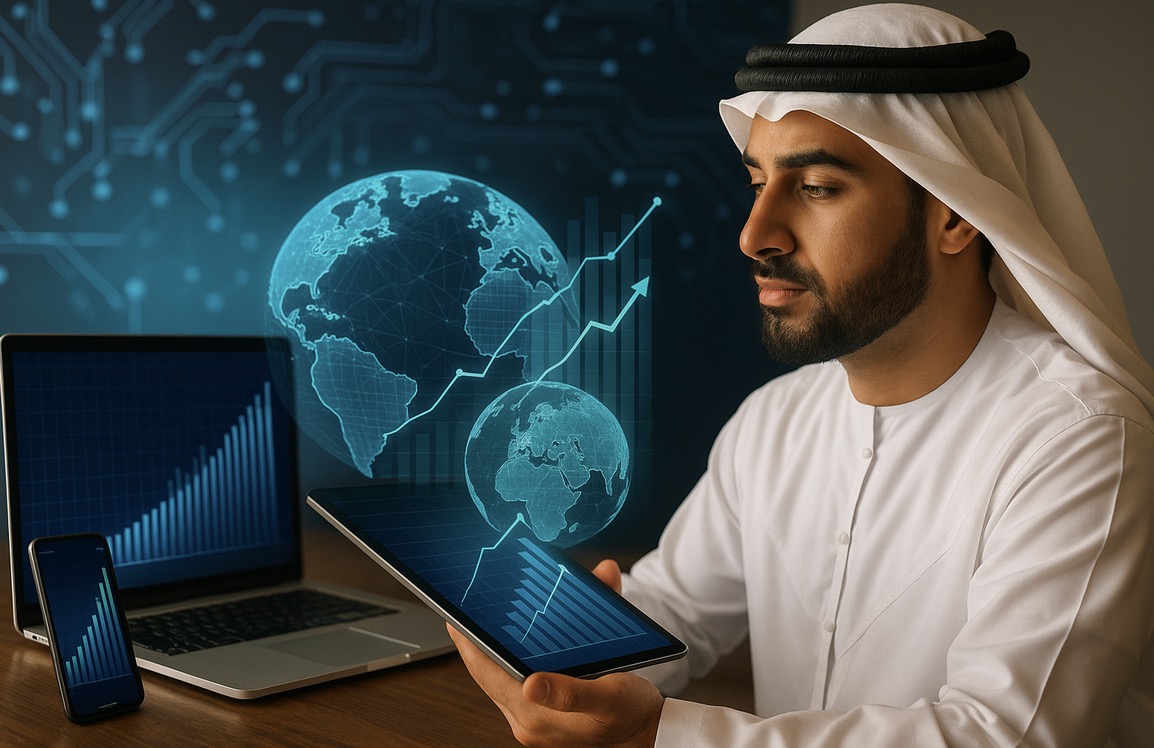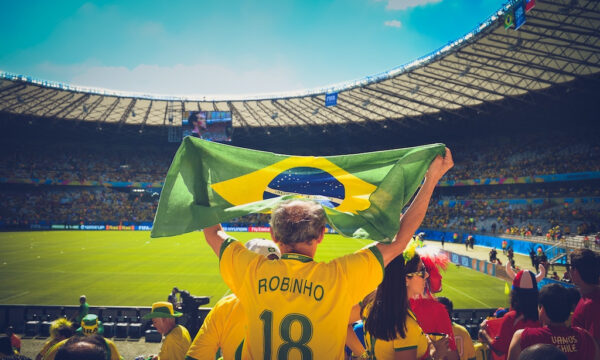How technology shapes global economic growth

Change in the world economy often begins quietly. A new tool appears, and whole systems adapt. Two centuries ago, machines powered by steam changed trade routes. Today, code and cloud servers do the same. They connect regions and create new kinds of work, far from factories and offices.
Digital platforms now drive that change. They blend data, education, and risk analysis in ways once unknown. https://jo.1xbet.com/en/registration shows how modern systems combine technology with business logic. It is not only a doorway to a digital platform but also an example of how people use structured data to move within global markets. Behind each account lies an infrastructure that supports analytics, payments, and communication.
Progress through invention
Each century has its symbol of progress. In the nineteenth century, it was electricity. In this one, it is information. Fibre networks, satellites, and computing power keep economies alive. Data has become the new raw material. Countries that manage it well grow faster. Those that build digital skills create steady income streams for millions.
Economies now measure strength not by oil or metal but by code and algorithms. Patents, cloud platforms, and digital products bring the value once reserved for factories. In many Arab states, new projects in software and fintech attract both regional and foreign investment. Technology connects ambition with opportunity.
Main growth areas include:
- Artificial intelligence and automated analytics
- Cloud computing and software design
- eCommerce and digital payments
- Real-time data use in sports and betting sectors
Together they form a single system that supports productivity, trade, and entertainment.
The rise of automation
Automation did not begin with computers. Long ago, machines in mills replaced human hands. Now, algorithms replace routine thought. They calculate, compare, and learn faster than any team could. In finance and gaming, this shift changed everything. Betting platforms use real-time analytics to predict movement, not to replace human choice but to support it with precision.
Modern companies gain from:
- Fewer human errors in data tasks
- Faster response to market change
- Clearer long-term planning through predictive tools
This union between software and business defines the economy we live in.
Regional development
Across the Middle East, digital investment has become a shared goal. Governments view coding and cybersecurity as the base of future employment. The movement does not break with culture. It adds efficiency to long-held values of order and learning.
Remote learning also plays a growing role. Specialists now train others online, from home or small offices. Some develop systems for local banking or gaming markets. Others work with education data. Each project strengthens a culture of knowledge and professional growth.
Networks as new trade routes
In past centuries, trade depended on sea routes. Now, it depends on information routes. A stable network is as valuable as a port once was. Every connection between users or companies adds to global output.
Research shows that mobile connectivity alone adds several percentage points to world GDP. It stimulates logistics, advertising, and digital payments. In betting and gaming, mobile access allows instant participation, real-time observation, and transparent transaction tracking. The digital economy grows through the same logic that once guided merchants: access brings prosperity.
The future balance
Technology changes numbers, but also habits. Work, study, and entertainment merge into one digital rhythm. From early mechanical calculators to current quantum experiments, every phase expands what people can achieve with knowledge.
The next step will depend on how societies use artificial intelligence. Growth will rely on balance between automation and human sense. Machines will calculate, but people will interpret. That partnership already defines modern economies.
In this new era, technology is not a distant concept. It is part of daily behaviour, trade, and education. It links analysts, creators, and risk takers across borders. The pattern repeats through history: innovation starts as a tool, then becomes a culture. Today, that culture shapes how global growth looks and feels.
The editorial unit























Facebook
Twitter
Instagram
YouTube
RSS